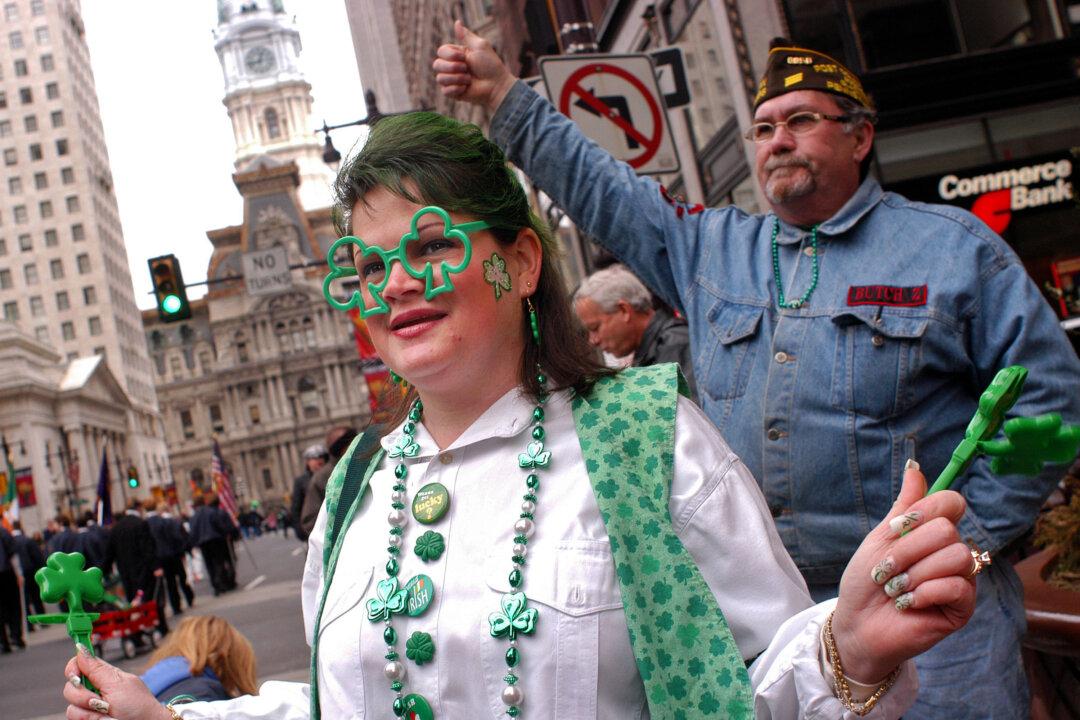City officials in Philadelphia have announced a six-month freeze on all large events on public property, with the chief exception of protests, in a bid to curb the spread of COVID-19.
Philadelphia Mayor Jim Kenney said at a press conference Tuesday that the prohibition on gatherings over 50 people held on public property will be in effect through February 28, 2021.





